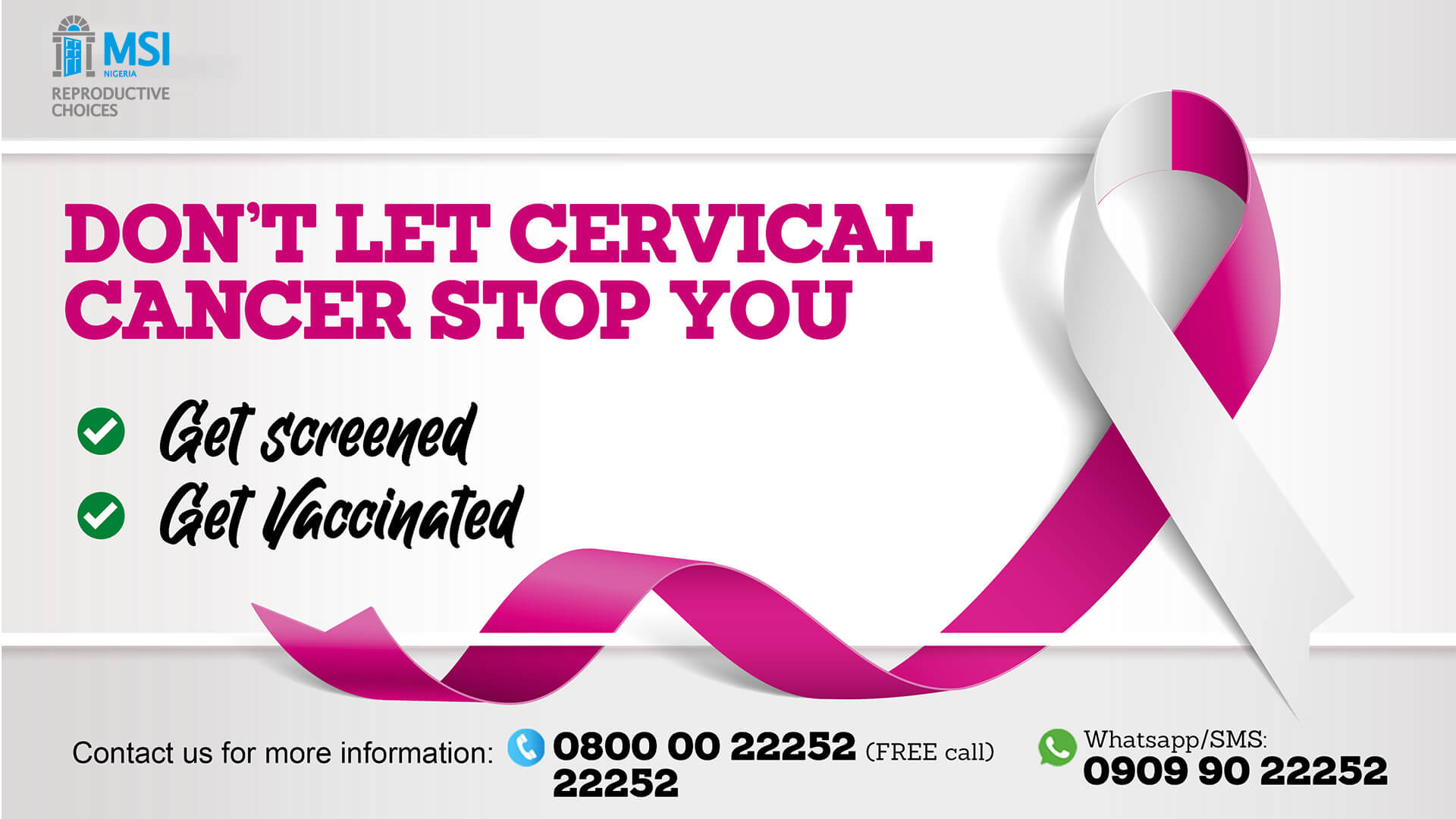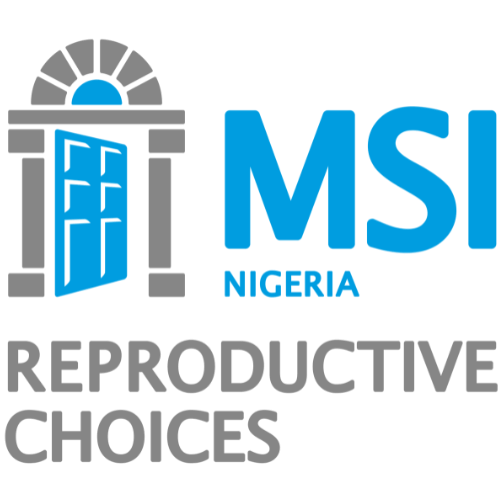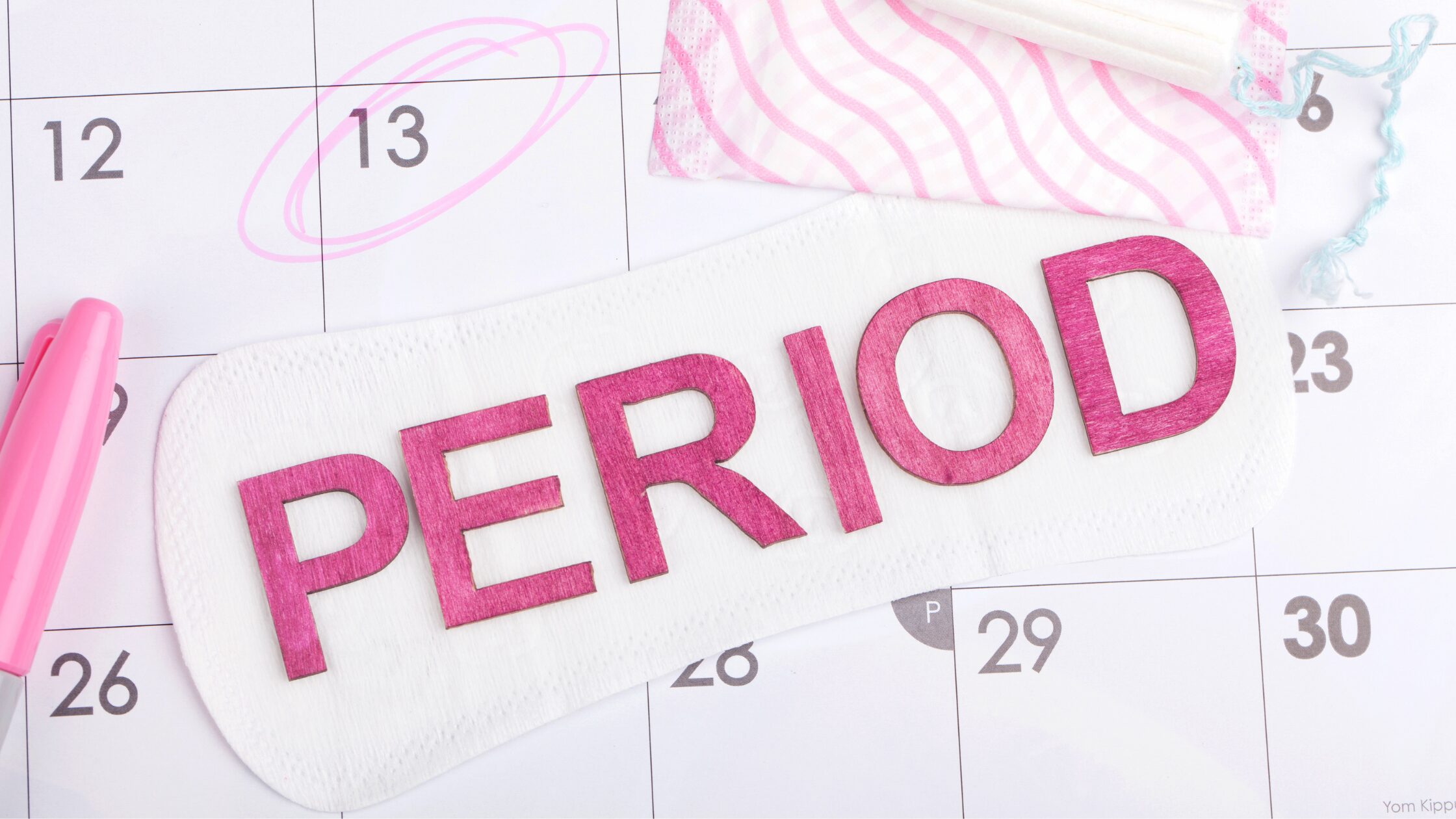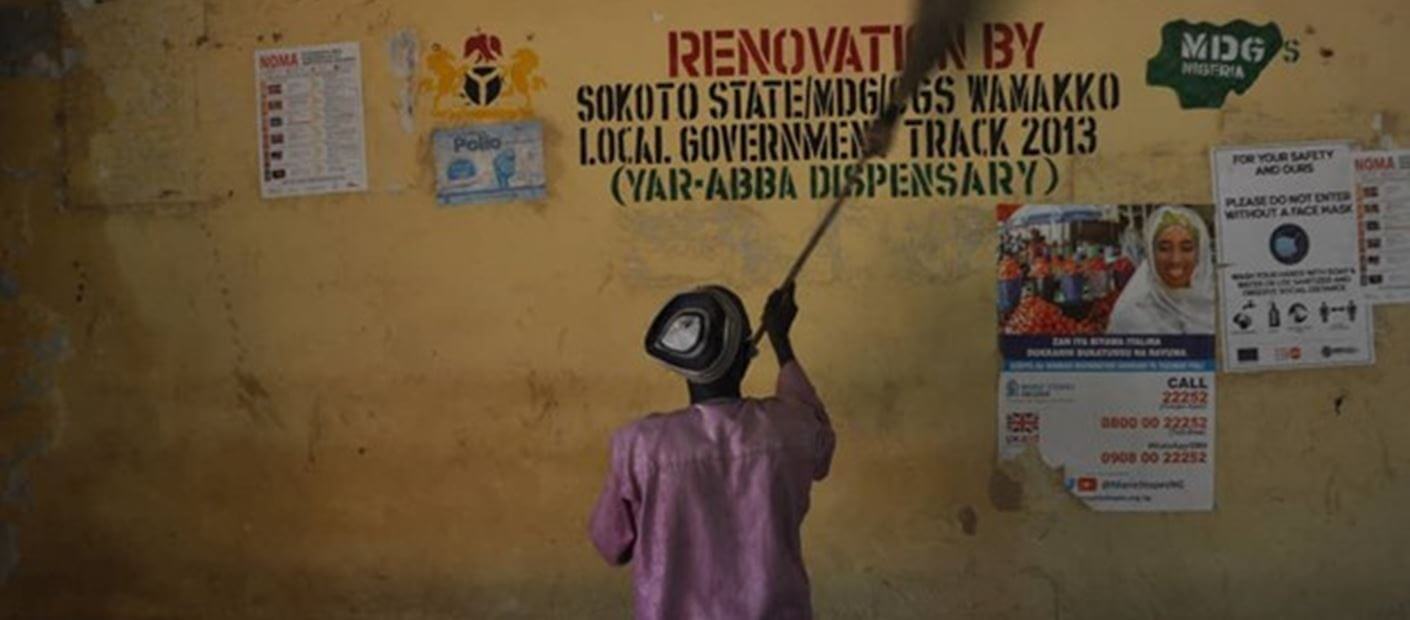
Cervical cancer screening, HPV vaccination and treatment of genital warts
HPV vaccine is essential for both male and female as it protects against certain strains of human papillomavirus (HPV) that can cause HPV related cancers and genital warts.
The vaccine is typically recommended for individuals aged 9 to 26 years old, and it is most effective when given before any exposure to HPV.
Cervical cancer screening is crucial for women, as it can detect precancerous changes in the cervix. The two main methods of screening are the Pap smear and the HPV test. It is recommended that women begin screening at the age of 18 and continue with regular intervals depending on their age and previous test results. Women aged 21-29 should have a Pap test done annually while women aged 30-65 should have a Pap test and an HPV test done every three years or a Pap smear alone every three years.
Genital warts are caused by certain strains of HPV and can appear as small, fleshy bumps on or around the genital area.
Genital warts treatment includes topical medications, cryotherapy (freezing), electrocautery (burning), or surgical removal. It is essential to consult with MSION team to determine the best course of action for your specific situation. Are there any side effects of the HPV vaccine?
Can men also undergo HPV testing?
Yes, men can also undergo HPV testing, but may not be a routine test as it is done for women. HPV testing in men is typically done in specific circumstances, such as when they are in a long-term relationship with a partner who may have tested positive for high-risk HPV or when they show symptoms of genital warts or other types of HPV-related conditions.
There is currently no FDA-approved HPV test for men like there is for women, so testing is usually performed using methods such as swabbing the genital area or a visual inspection by a healthcare provider. If you have concerns about HPV or are interested in getting tested, we recommend discussing your options with us so that we can advise you on the best course of action based on your individual circumstances and risk factors.
What are the risk factors for HPV infection and cervical cancer?
The risk factors for HPV infection and cervical cancer can be quite diverse. Here are some of the most common ones:
1. Sexual activity: This includes engaging in sexual activity at an early age, having multiple sexual partners, or having a partner who has multiple partners.
2. Weakened immune system: Individuals with a weakened immune system, due to conditions like HIV/AIDS or taking immunosuppressive medications, are at a higher risk of HPV infection and cervical cancer.
3. Smoking: Smoking cigarettes increases the risk of cervical cancer, as harmful chemicals in tobacco can damage cervical cells and make them more susceptible to HPV infection.
4. Long-term use of oral contraceptives: Using oral contraceptives for an extended period (more than five years) has been associated with an increased risk of cervical cancer.
5. Multiple full-term pregnancies: Women who have had three or more full-term pregnancies may be at an increased risk of developing cervical cancer.
6. Family history: Having a close relative (mother or sister) with cervical cancer may increase your risk of developing the disease.
7. HPV exposure: Having a current or past infection with high-risk HPV types is a significant risk factor for cervical cancer.
8. Lack of regular screening: Women who do not undergo regular cervical cancer screening (pelvic exam, Pap smear and HPV screenings) are at a higher risk of developing cervical cancer, as precancerous changes may go undetected and progress to cancer.
To reduce your risk of HPV infection and cervical cancer, it’s essential to practice safe sex, maintain a healthy lifestyle, and get vaccinated against HPV if you’re within the recommended age range. Additionally, women should follow the recommended guidelines for cervical cancer screening to detect any precancerous changes early. If you have any concerns about your risk factors, discuss them with our trained and professional service providers for personalised advice and recommendations.
What is the age range for receiving the HPV vaccine?
The HPV vaccine is typically recommended for individuals aged 9 to 26 years old. It is most effective when given before any exposure to HPV. However, the vaccine may still be beneficial for some individuals outside of this age range, depending on their circumstances and risk factors. It’s important to discuss your specific situation with your healthcare provider to determine whether the HPV vaccine is appropriate for you.
For more information on how to treat genital warts, Screen for cervical cancer and Prevent Cervical cancer please call or visit us for more information.








